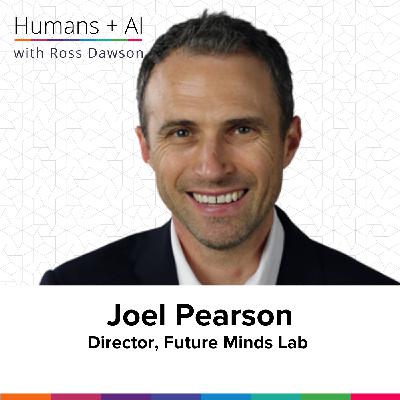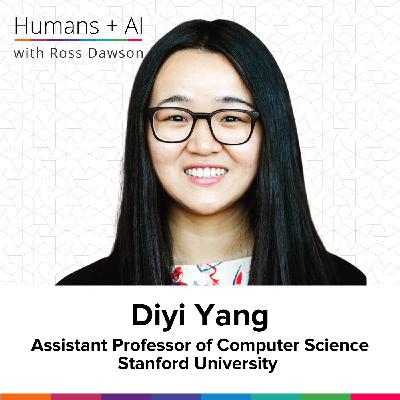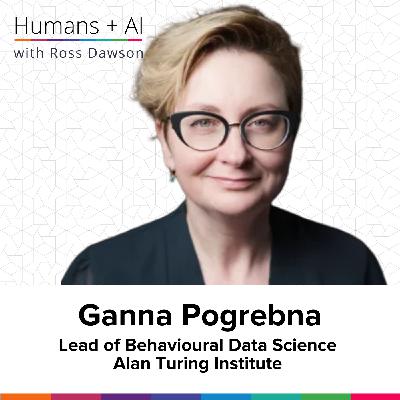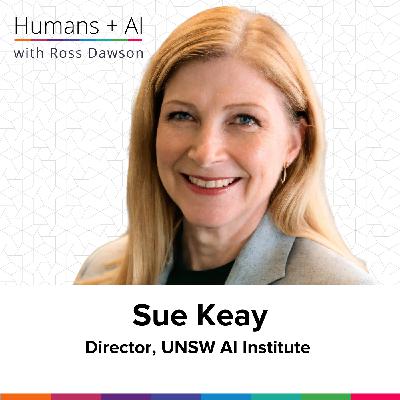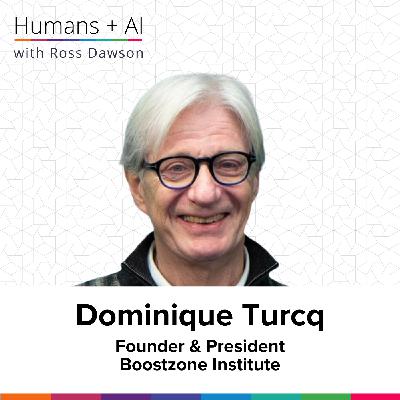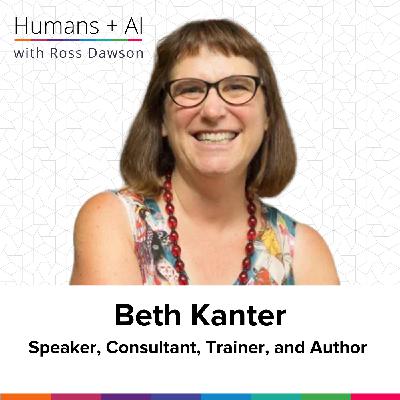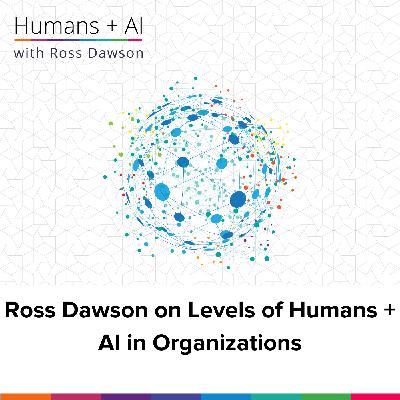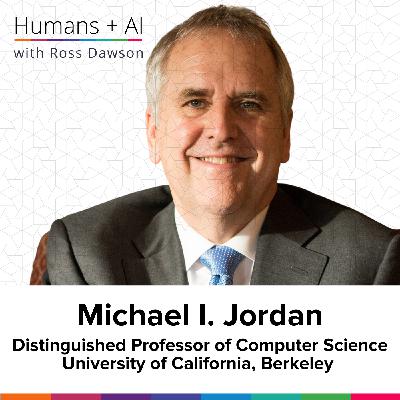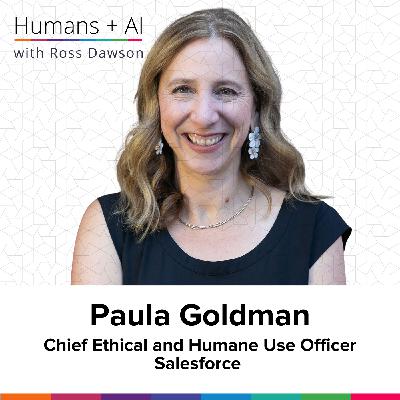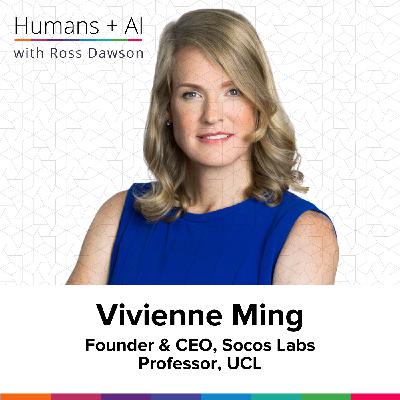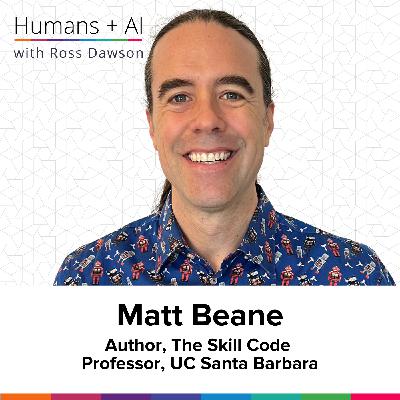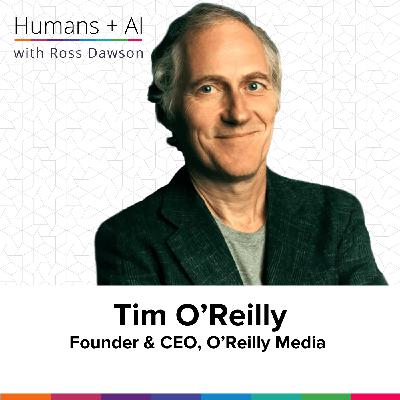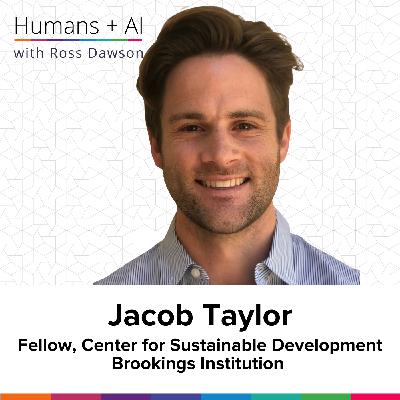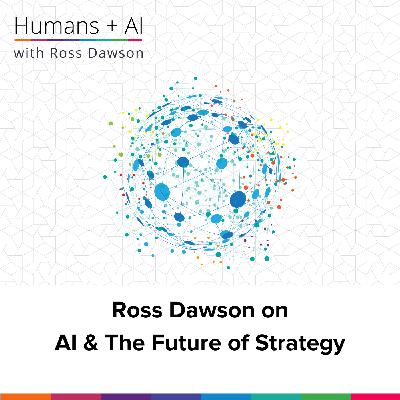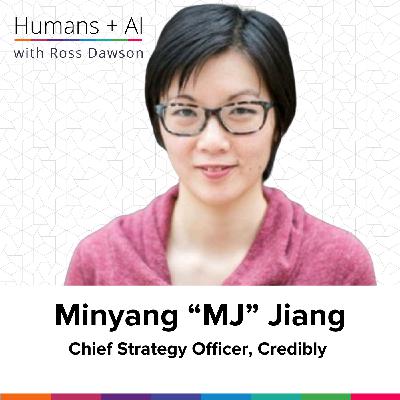Amir Barsoum on AI transforming services, pricing innovation, improving healthcare workflows, and accelerating prosperity (AC Ep7)
Description
“Successful AI ventures are those that truly understand the technology but also place real human impact at the center — it’s about creating solutions that improve lives and drive meaningful change.”
– Amir Barsoum
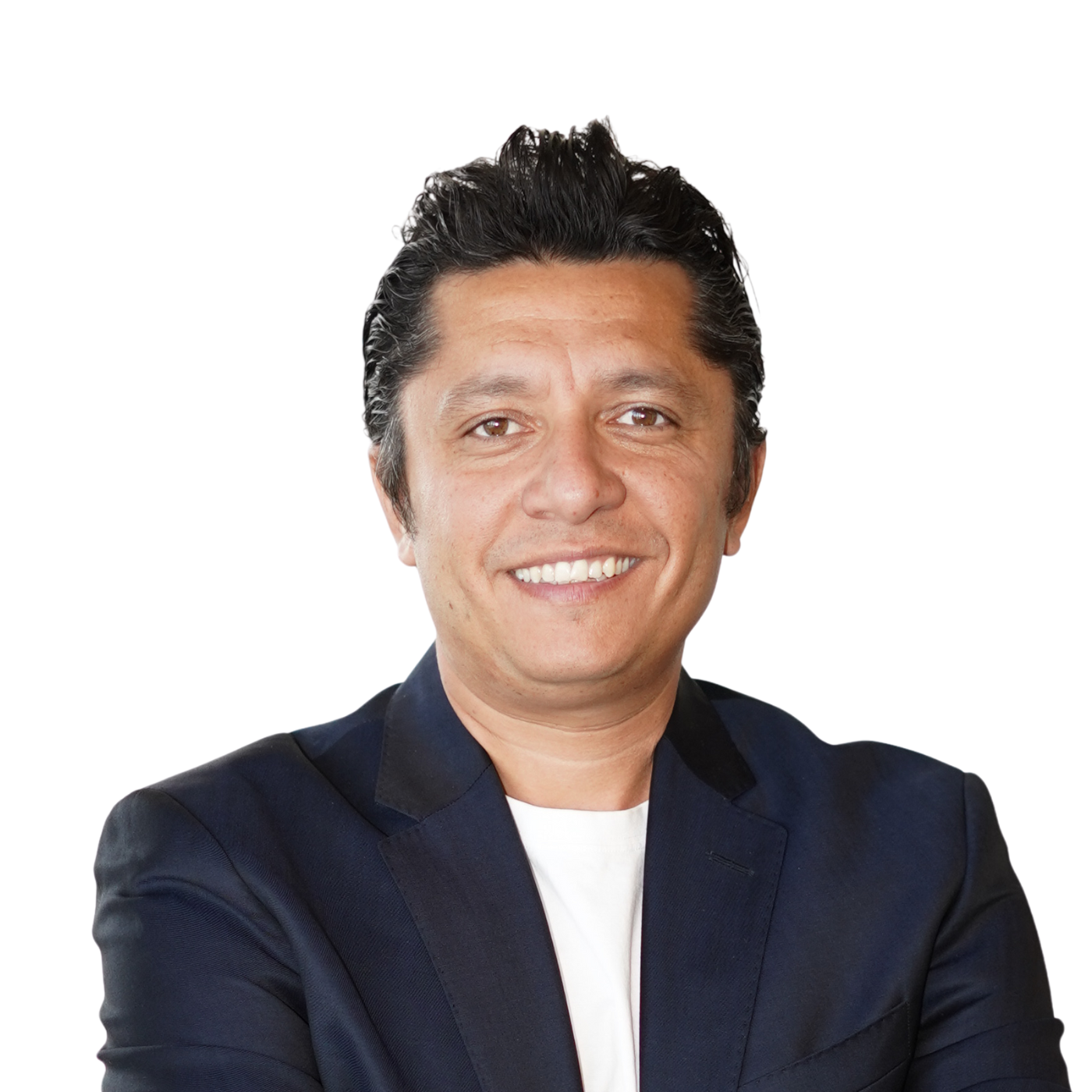
About Amir Barsoum
Amir Barsoum is Founder & CEO of InVitro Capital, a venture studio that builds and funds companies at the intersection of AI and human-intensive industries, with four companies and over 150 professionals. He was previously founder of leading digital health platform Vezeeta and held senior roles at McKinsey and AstraZeneca.
What you will learn
- Understanding the future of AI investment
- Exploring the human impact of technology
- Insights from a leading AI venture capitalist
- Balancing risk and opportunity in startups
- The evolving relationship between humans and machines
- Strategies for successful AI entrepreneurship
- Unlocking innovation through visionary thinking
Episode Resources
Transcript
Ross Dawson: I’m here. It’s wonderful to have you on the show.
Amir Barsoum: Same here, Ross. Thank you for the invite.
Ross: So you are an investor in fast-moving and growing companies. And AI has come along and changed the landscape. So, from a very big picture, what do you see? And how is this changing the opportunity landscape?
Amir: So, actually, we’re InVitro Capital. We actually started because we have seen the opportunity of AI.
We actually started with the sort of the move. And a big part of the reason of what we started is we think that the service industry—think about healthcare and home repair, even some service providers today—they’re going to be hugely disrupted by AI. Whether there will be automation, replacement as a bucket, or augmentation as a bucket, or at least facilitation.
And we’ve seen a huge opportunity that we can build. We can build AI technology that could do the service. Instead of being a software-as-a-service provider, we basically build the service provider itself.
So that’s what excites us about what we’re trying to do and what we’re building.
Ross: So what’s the origin of the word InVitro Capital? Does this mean test tubes?
Amir: So, I think it originates from there. I think the idea is we’re building companies under controlled conditions. And it’s kind of the in vitro—in vitro fertilization, like the IVF.
We keep on building more companies under these controlled conditions. That’s the idea, and because we come from a healthcare background, so it kind of resonated.
Ross: All right, that makes sense. So, there’s a lot of talk going around—SaaS is dead. So this kind of idea, you talk about services and the way services are changing.
And so that’s—yeah, absolutely—service delivery, whether that’s service by humans, whether it’s service by computers, whatever the nature of that, is changing. So does this mean that we are fundamentally restructuring the nature of what a service is and how it is delivered?
Amir: I think, yes. I think between the service industry and the software industry, both of them are seeing a categorical change in how they’re going to be provided to the users. And, I mean, the change is massive. I’m not sure about the word “dead,” but we’re definitely seeing a huge, huge change.
Think about it from a service perspective, from a software perspective. In software, I used to sell software to a company. The company needs people to be smart enough, educated enough, trained enough to use the software and give you value out of it. They used to be called the system of records with some tasks, but really it’s a system of record that has a lot of records, and then somebody—some employee—who sits there and does the job.
In the service, it’s kind of, you think this is going to be very difficult, and they’re going to do somebody as an outsource to do the service for me. Think about, I’m going to go and hire someone who’s going to help us do marketing content, or someone who would do even legal—and I’m going to the extreme.
And I think both are seeing categorical change. The software and the employee, both together, could become one, or at least 80% of the job could be done now by AI technologies. And the service—the same thing. So we’re definitely seeing a massive change in these aspects. And talk legal, talk content marketing—all of them.
Ross: I’d like to dig into that a little bit more. But actually, just one question is around pricing.
Are you looking at or exploring ways in which fee structures or pricing of services change? I mean, that’s classically where services involved humans—there was some kind of correlation to the cost of the human plus the margin.
Now there is AI, which has taken often an increasing proportion of the way the service is delivered. So—and different percept


